|
There are a lot of questions about water fasting and lots of questionable answers floating around. We decided to interview Dr. Ariel Jones and find out her answers to the 5 most common questions related to water fasting. Do you have some you would like answered? Post them in the comments. 1. How much weight will I lose? Most people lose between 1 and 2 lbs early on in the fast. If there was inflammation prior to beginning that weight loss can be more in the first few days and usually tapers off. Towards the end of a fast, the weight loss can reduce to 0.5-1.0 lbs per day. The amount of weight and percentage of adipose tissue to skeletal muscle all depends on the weight and amount of fat you start out with. Thin people derive more of their energy during a fast from protein than an obese person does. Here's why: - Lean people derive 40% of their energy from protein during a fast and obese people 5%. -During prolonged fasting, fat oxidation accounts for approximately 94% of energy expenditure in obese subjects, compared to only 78% in lean subjects. Protein oxidation accounts for the remainder of the energy, since there is almost no carbohydrate stores left in the body after the first 24 hours or so. - Although an obese person has a larger amount of protein based on size, the physiology of fasting favors the destruction of adipose tissue. In the absence of adipose, protein will be used to power the brain, heart and organ systems. Reference: https://www.ncbi.nlm.nih.gov/pubmed/10574520 2. Should I add salt to my water? Although there is much talk on facebook fasting groups about supplementing with electrolytes or specifically Himalayan salt, there should be no reason why someone would require salt in their water during a fast. In fact, it could even be detrimental. The kidneys are the organ in our body responsible for maintaining electrolyte balance in the body. It conserves sodium and potassium or wastes it depending on what the body needs. People with severe kidney impairment have a hard time balancing their electrolytes and aren’t good candidates for water fasting. Before beginning a water fast, thorough blood work should be done and reviewed by a fasting physician and again every 7 days to ensure the proper electrolyte balance is being maintained by the body. Fluctuations in calcium and potassium are of importance when it comes to heart functioning. Low or too high potassium and calcium can be a risk of cardiac infarction aka heart attack. 3. How much water should I drink? The suggested amount of water intake during our retreats is 2L per day of a pure water source. We recommend using reverse osmosis water as our number one recommended water source. Good quality water in the form of distilled water, purified, and spring water can be considered as well as Kangen or pH controlled water if done properly. We don’t recommend drinking anything other than water on a water fast in contrast to other fasting doctors who suggest coffee and herbal tea as an addition to water. There are potent and well documented effects of herbal infusions or the bitter action of coffee that are in stark contrast to the number one principle of water fasting, which is leaving the body alone to heal. It is through this process, of doing nothing, that the greatest healing and teaching is available. 4. How should I break my fast? Breaking a fast is arguably the most important part of the fasting process. Following a fast the gut has been left alone to heal, and what goes into it will determine whether the healing continues, and the proper gut flora is repopulated or not. Our water fasts are generally broken with the broth of 5 Element Soup and either a fresh, peeled vegetable such as cucumber or a juice fruit like watermelon. Fresh fruits and vegetables are filled with the live active enzymes a resting gut needs to break food down. And the nutrients, vitamins and minerals, to continue the healing process. The number of days of reintroduction should be around half the number of days spend in active fast. For some people, they will chose to, or require a slower reintroduction. With a delayed introduction of allium species e.g. garlic and onion because of their corrosive volatile oils which can damage the sensitive gut lining. The process of reintroduction progresses from liquids and broths to mono meals of fruits and peeled vegetables the size of your fist, to steamed vegetables. And from steamed vegetables to complex vegetarian meals 3 times a day. Each meal can be accompanied by the 5 Element broth for nutrition and warmth. One of the side effects of fasting is lowered body temperature. People enjoy having a warm cup of broth to warm up their system and encourage digestive fires, also known as Spleen Qi in Traditional Chinese medicine. No salt or strong herbs or oils are used during the reintroduction but can be added in progressively. Avoiding high calorie foods like nuts is suggested so that weight is not put on too quickly. Maintaining a vegetarian diet for as long as possible is recommended. For people looking to continue their healing a raw food diet can be implemented with similar benefits, at a slower rate, compared to water fasting. 5. How long should I fast for? Water fasting length is different for each individual depending on many factors such as comfort level with fasting, disease state prior to fasting, medications, and health goals. The length of time you should fast for can be determined in consultation with a qualified fasting doctor. It take women 48 hours to enter into ketosis and 72 hours for men, generally speaking. Every day of a water fast offers immense healing compared to any other treatment modality available. Some conditions have been treated commonly with water fasting and their recommendation is as follows: 3 days – Full regeneration of the immune system, reduced blood pressure, digestive discomfort 7 days – Hypertension, Hypercholesterolemia, 10 days – Osteoarthritis, SIBO (small intestinal bacterial overgrowth), IBS, migraines, chronic pain 14 days – Fibroids, 21 days – Autoimmune disease: Rheumatoid arthritis, Lupus, Crohn’s, Colitis, These suggested number of days doesn’t mean that a shorter fast won’t significantly improve your condition. There is also credibility for practicing sequential shorter fasts as well as a fasting-mimicking diet, also known as intermittent fasting. 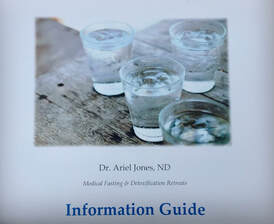 For full details on how to break a fast, prepare for a fast, what to expect and what to do during fasting check out our water fasting guide available here.  For a recommendation specific to your case, consider a consultation with Dr. Ariel Jones. Available online and over the phone.
1 Comment
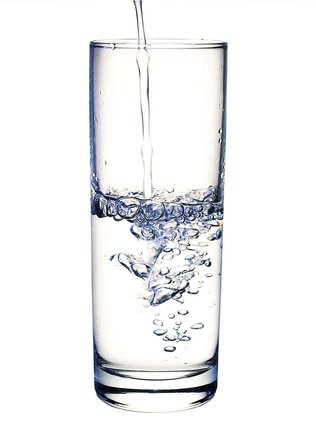 Water fasting is a topic becoming increasingly popular amongst circles of health conscious individuals, facebook support groups, bloggers and health professionals. People are joining facebook groups focused on supporting one another to do extended fasts up to 40 days. While fasting is an exceptional medical treatment it is also not without its risks. Fasting at home can be done safely as long as certain requirements are met. Below are some things to think about when deciding when, where and how long to water fast.
There are people who should not water fast at home, and consider an in-patient medical facility or doctor supervised retreat. 1. People taking pharmaceutical medications During water fasting the digestive tract slows down. It stops secreting digestive enzymes required to breakdown food and medications. People taking 1 or more prescriptions are at a risk of taking too much of their medication while water fasting since less is needed. Also, some medications require food for proper absorption and activation. When we eat, the digestive process begins in the mouth with salivary amylase - the enzyme that breaks down sugars. It continues with hydrochloric acid in the stomach which kills bacteria and breaks down food. The food mass (known as chyme) that proceeds to the small intestine is acidic. Chyme activates the enzymes released from the pancreas into the small intestine. Without this acidity the enzymes are not activated to break the molecular bonds in foods and medications. Consider adding a dense and compact pill into a gut without acidic chyme and activated enzymes. Luckily some medications are small and dissolve easily which allows for absorption but not all. People on pharmaceuticals need to consult with, and be monitored by, a medical professional when water fasting to ensure proper dosage and a safe fasting experience. 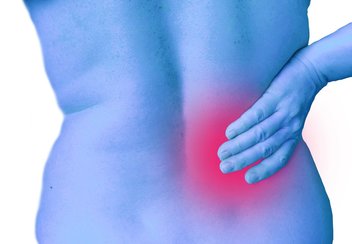 2. People with kidney disease (and other organ issues) The kidneys regulate electrolyte balance in our bodies primarily sodium, potassium, calcium, chloride, magnesium and water. Electrolyte balance is very important for each one of our cells which use ions like these for: cell to cell communication, action potentials, movement of nutrients in and waste out of the cell. In tissue electrolytes can determine whether a muscle contracts or not. When that muscle is the heart, electrolyte balance is vital. Not being able to regulate ion concentration due to kidney disease is a total contraindication to water fasting because, among other things, it can cause cardiac arrest - heart failure. The liver and other organs each play a role in the body's homeostasis. Liver disease or chronic alcohol or drug use, could be a total contraindication to water fasting because this is where toxins (from metabolism, environment and fat storage) are processed for release through our bile and into our digestive system. Impaired liver function could mean a build up of toxins in the liver, muscles or organs which could cause a serious adverse event. Most of the environmental toxins we are exposed to are fat soluble, meaning they bind and are stored in our fat tissues. During a fast fat is broken down to be used as fuel. The toxins within the fats are then mobilized into circulation. If there is a lot of fat, or a high degree of toxin exposure due to industrial or job site exposure, living near sprayed crops, eating non-organic food, drug or alcohol use, history of poly pharmacy, then there is a lot of toxins for our body to process and all our organs need to be in top working order. If you are wondering how your organs are functioning, visit your doctor who can run blood tests and perform a physical exam for assessment. 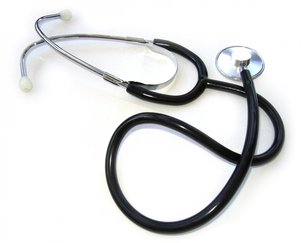 3. People with a current diagnosis or history of eating disorders The main eating disorders today are: anorexia nervosa, bulimia, a mix of both, orthorexia and disordered eating syndromes. These eating disorders are often present in combination with obsessive compulsive disorder, another absolute contraindication to water fasting. Orthorexia is a newer phenomenon defined as an extreme obsession with being healthy. People with orthorexia have cut out so many things from their diet, in an effort to achieve maximum health, that it is actually unhealthy. This illness is also associated with extreme lifestyles such as:
People with eating disorders may already have calorie, nutrient and electrolyte imbalances and possible organ compromise depending on the severity and duration of the illness. Water fasting is completely contraindicated due to this physical state of depletion and the weight loss associated with water fasting. The state of starvation is when the body is depleted of the necessary nutrients and calories required to sustain life. In this state the body's organs are compromised, sometimes permanently. When a body enters a state of starvation, medical intervention is necessary and life saving. Someone with a current presentation or history of an eating disorder is at a higher risk of starvation, nutrient and electrolyte imbalance. In other cases, the illness may not be in total remission, or the fast could trigger a return of symptoms. 4. People with an adrenal fatigue diagnosis Adrenal fatigue is a diagnosis made when people have experienced prolonged states of stress which has resulted in altered cortisol production causing fatigue, sleeplessness, anxiety, low immune function, abdominal weight gain, low blood pressure and cold intolerance. People with stage 2 adrenal fatigue may also be experiencing hair loss, menstrual cycle irregularities, PMS and depression. In this state it is necessary to eat regular, frequent meals to regenerate the adrenal system. Water fasting is a stress to the system that someone with adrenal fatigue can not support. 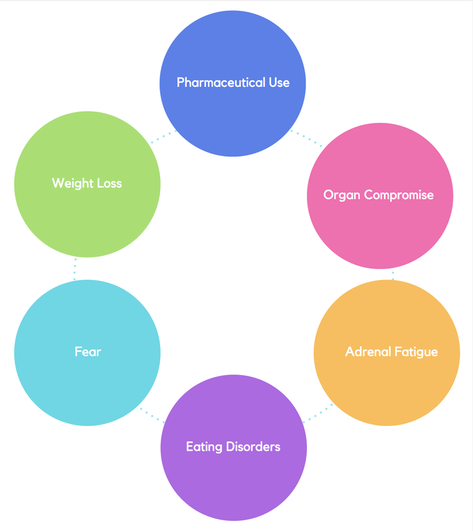 5. Fear of fasting Another contraindication to fasting is having a fear of fasting because of the physiological effects it has on the body. Fear creates anxiety which can cause gut symptoms, increase blood pressure and metabolism. Fear of fasting can precipitate a negative outcome for the fast, whether it is the side effects mentioned above during the fast or difficulty with reintroduction. It is important to be informed about the process of fasting before embarking on a fasting journey and to be clear about your boundaries, health state and fasting plan. 6. Fasting for weight loss This is a poplar topic on fasting groups online. People talking about how much weight they have lost, asking about how much weight you can lose, how much weight others have lost and complaining that they haven't lost enough. There is a theme. During a water fast people lose between 1-2 lbs per day. I have noticed when people are inflamed to begin with, they can lose more at the onset followed by a tapering and levelling out after 1-4 days. Water fasting is not a stand alone treatment for weight loss because it doesn't address all of the causes of weight gain. There are many, and compounded, reasons why people overeat or have a high weight, some of which can include:
During food reintroduction there is a weight gain as the body reacts to calories and nutrients coming back into the system. If a food addiction or endocrine imbalance is not addressed, someone could regain the weight they lost during the fast and more. Water fasting is not a stand alone tool for weight loss. |
Archives
May 2019
Categories
All
|
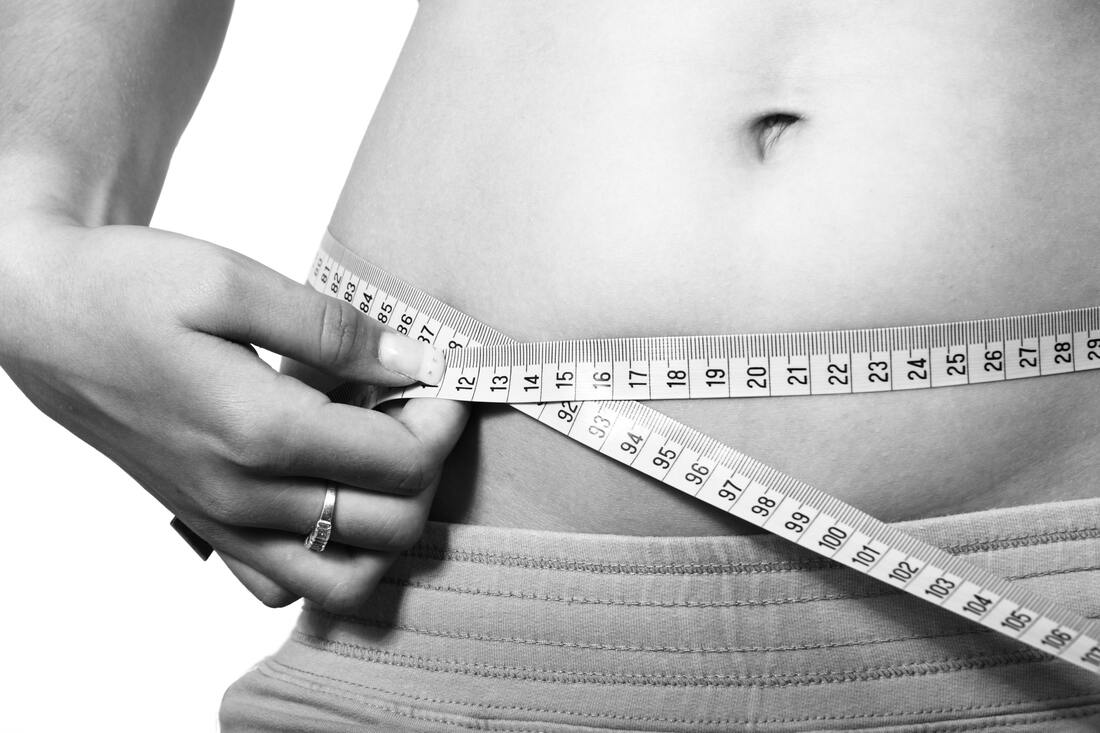
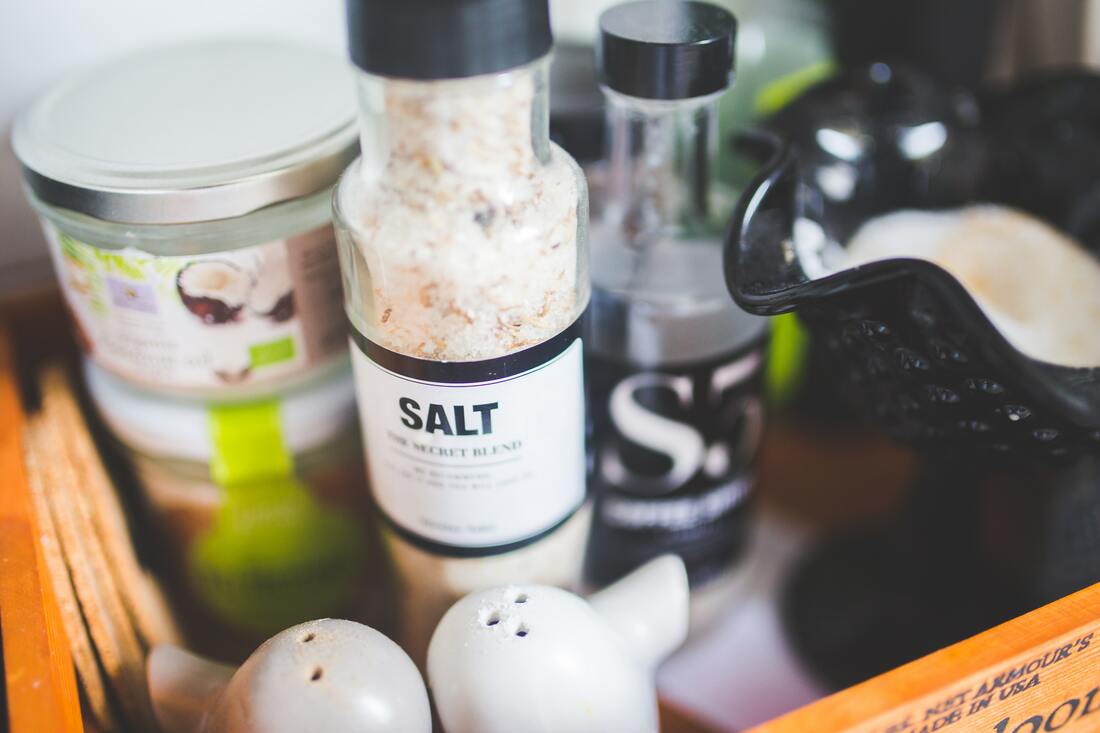
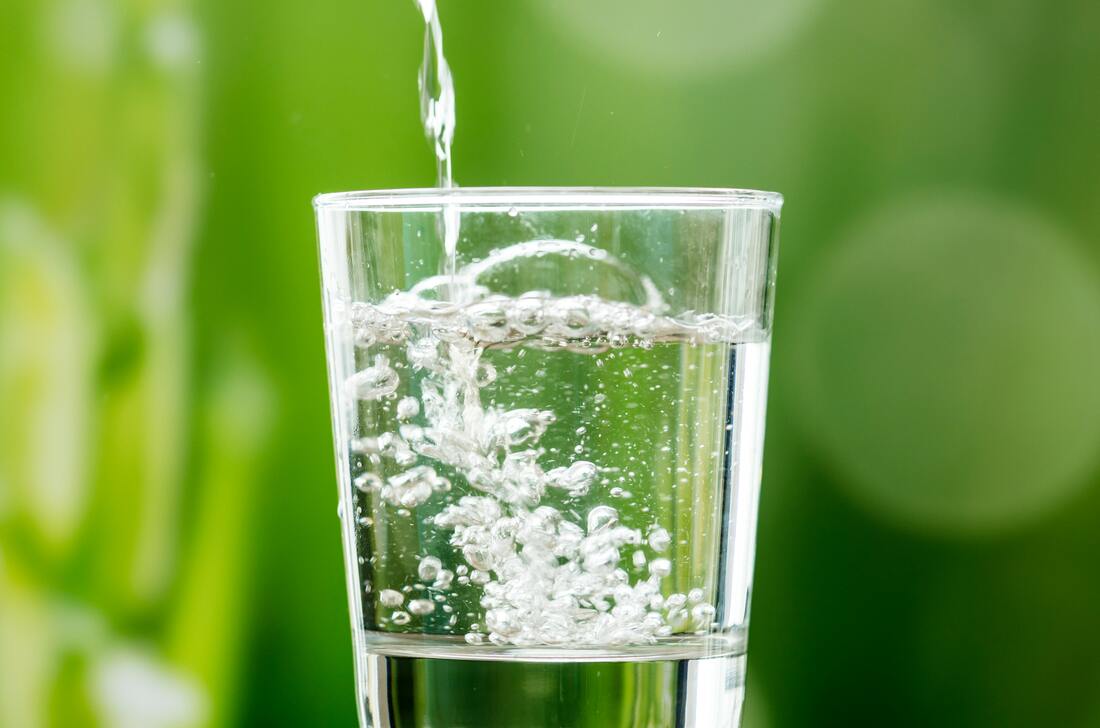


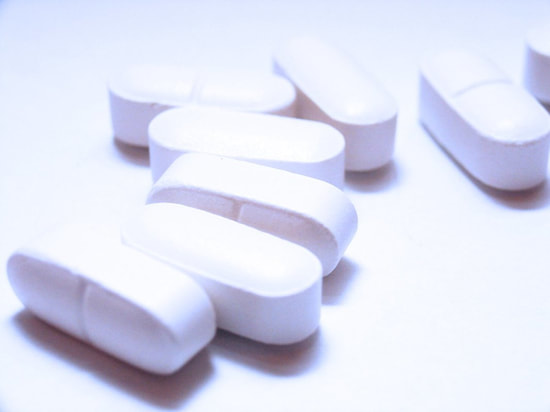
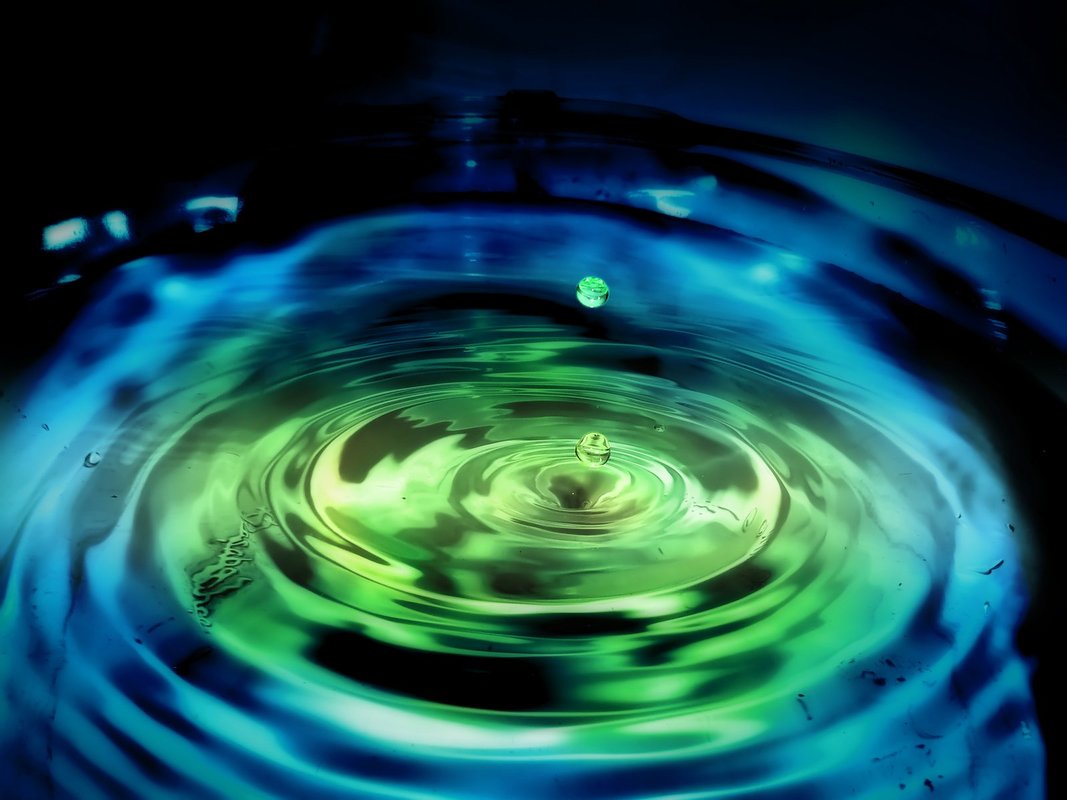
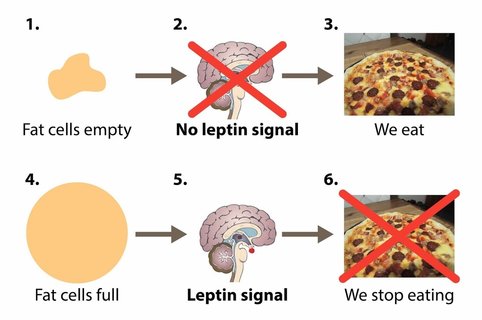
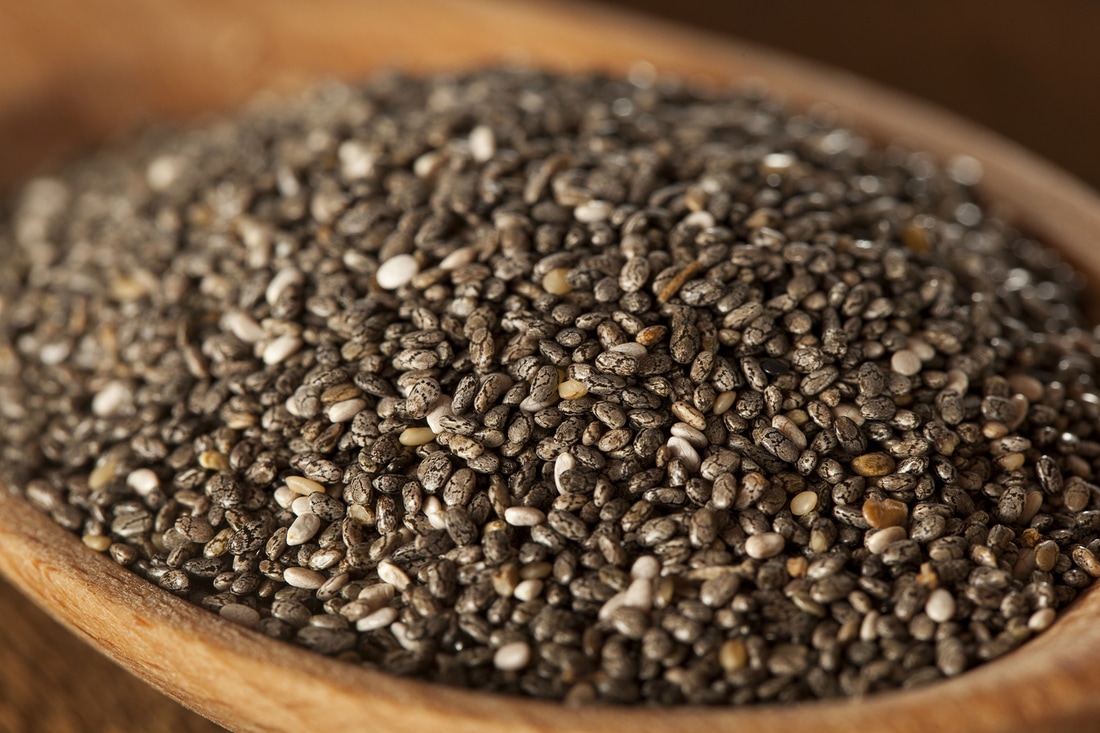
 RSS Feed
RSS Feed